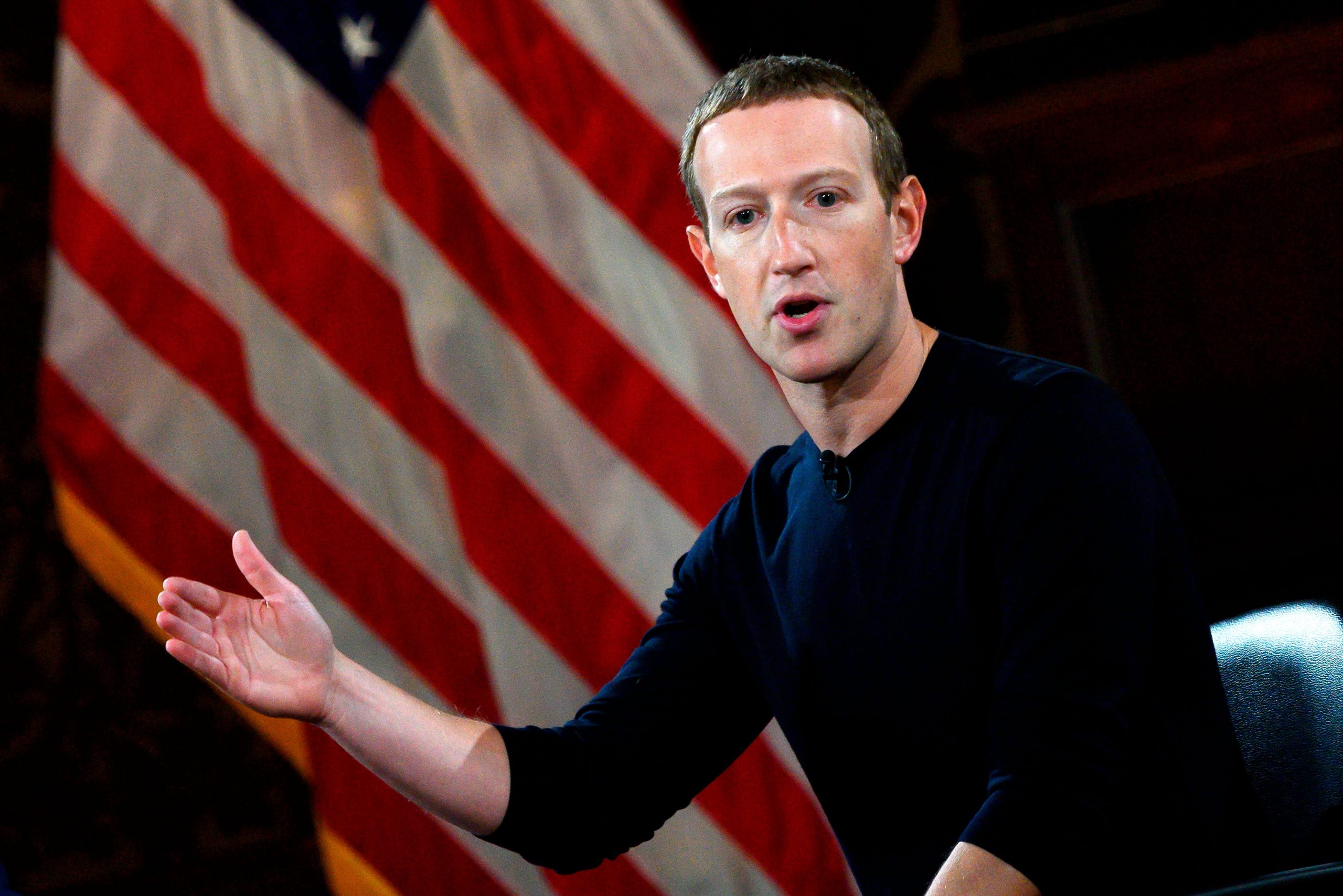- In late 2018, Facebook CEO Mark Zuckerberg announced an ambitious plan: to create an independent oversight board that could overrule Facebook’s content moderation guidelines, and even Zuckerberg himself.
- The board is independent from Facebook, but Facebook is funding the board’s operations to the tune of $130 million.
- If users believe their content was removed from the service unfairly or without cause, they can appeal to the independent board directly. If it decides to reverse Facebook’s decision, that decision “will be binding,” Zuckerberg said, “even if I or anyone at Facebook disagrees with it.”
- Facebook announced the members of its “Supreme Court” on May 6, a group of 20 people that includes a former prime minister, a Nobel laureate, and experts in a wide range of human rights-related subjects.
- Visit Business Insider’s homepage for more stories.
With more than 2 billion users, Facebook has a major content moderation problem on its hands.
Whether you’re talking about the platform’s use by Russian government-backed trolls in the 2016 US Presidential election, or to spread propaganda during the 2016 Rohingya genocide, or when a shooter livestreamed a mass shooting in New Zealand, Facebook has faced moderation issue after moderation issue across the past few years.
And the company is well aware of the enormity of its problem. “One of the most painful lessons I’ve learned,” CEO Mark Zuckerberg wrote in late 2018, “is that when you connect two billion people, you will see all the beauty and ugliness of humanity.”
As a result, Facebook is establishing an oversight board that it says is outside of Facebook’s control, that can ultimately overrule Facebook’s own policies on content management. The company has even pledged $130 million to get the board funded and operational, with plans to launch in 2020.
And this week, on May 6, Facebook revealed the members of its first ever oversight board. The board will eventually swell to nearly double its current size over time, Facebook says. Here are the inaugural 20 members:
1. Tawakkol Karman
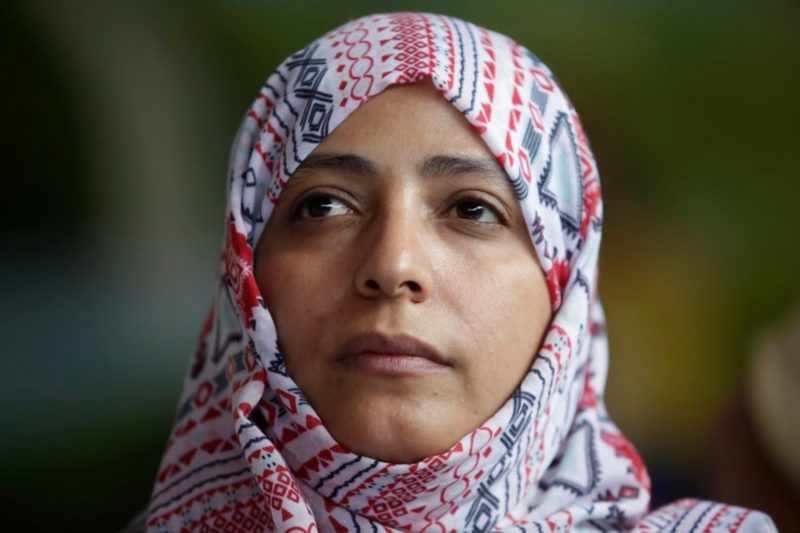
Tawakkol Karman is, "a journalist, civil rights activist and Nobel laureate." She's also the first Arab woman to win a Nobel prize, and is the co-founder of Women Journalists Without Chains. She was awarded the 2011 Nobel Peace Prize for her leadership of peaceful protests during the Arab Spring.
2. Maina Kiai
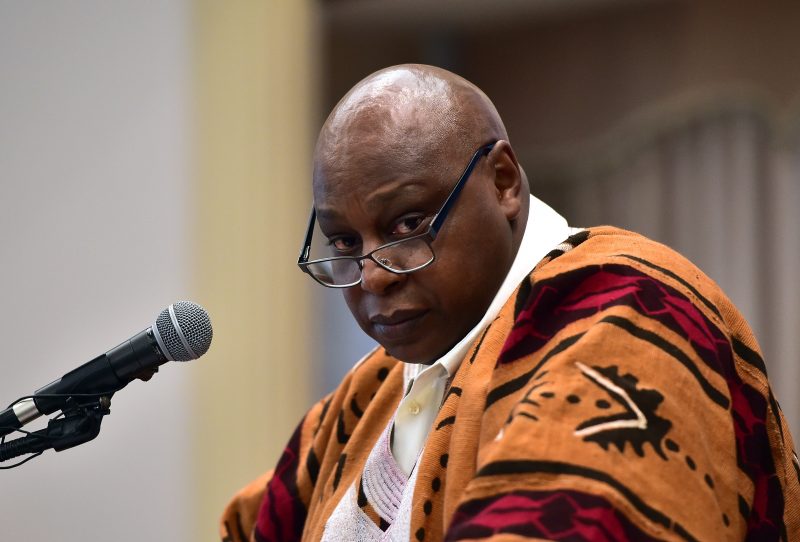
Maina Kiai served as the United Nations Special Rapporteur for Freedom of Assembly and Association, and currently leads the Global Alliances and Partnerships at Human Rights Watch. He's known for his work in human rights, particularly through the medium of documentary film.
3. Evelyn Aswad

Evenlyn Aswad is a law professor at the University of Oklahoma College of Law and the director of the school's Center for International Business and Human Rights. Prior to education, Aswad worked for the US Department of State and served as a law clerk on the US Court of Appeals for the Federal Circuit.
4. Endy Bayuni
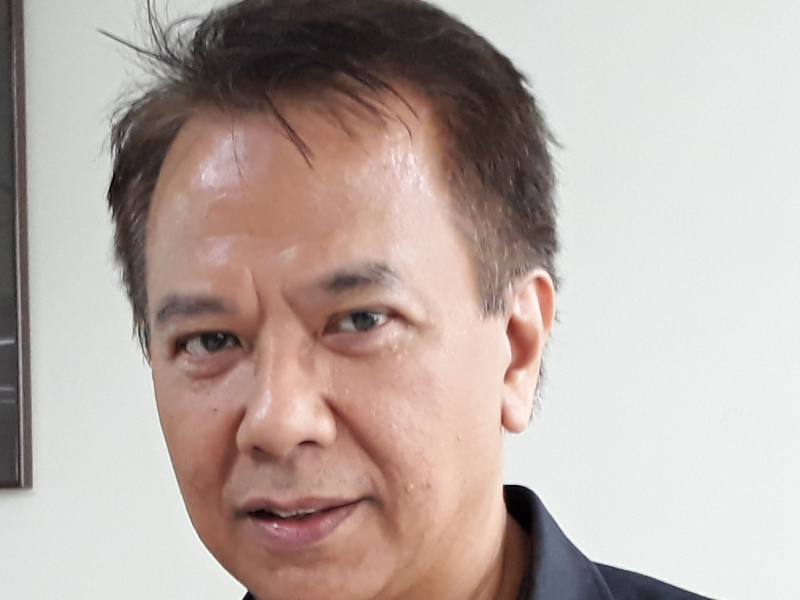
Endy Baynui is a staffer and board member at The Jakarta Post; he's been a journalist for over three decades, primarily focused on national politics and Islam, and serves as the executive director of the International Association of Religion Journalists.
5. Pamela Karlan
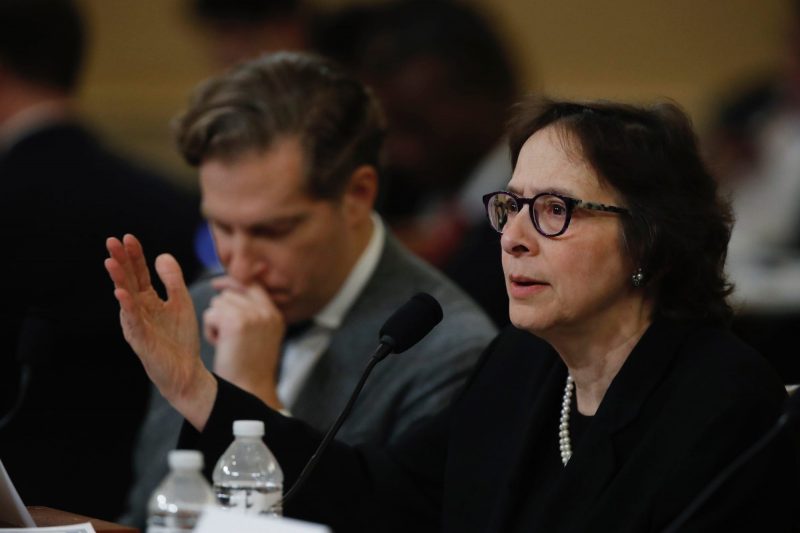
Pamela Karlan is a professor at Stanford Law School, and serves as co-director to Stanford's Supreme Court Litigation Clinic. The focus of Karlan's career has been voting and its application to the American political process. She began her career as a law clerk on the US Supreme Court and US District Court for the Southern District of New York.
6. Nighat Dad

Nighat Dad is a lawyer and co-founder of Digital Rights Foundation - a non-profit that focuses on "cyber harassment, data protection and free speech online in Pakistan and South Asia." She is an outspoken feminist known for her focus on women's right in Pakistan, where she is from.
7. Emi Palmor
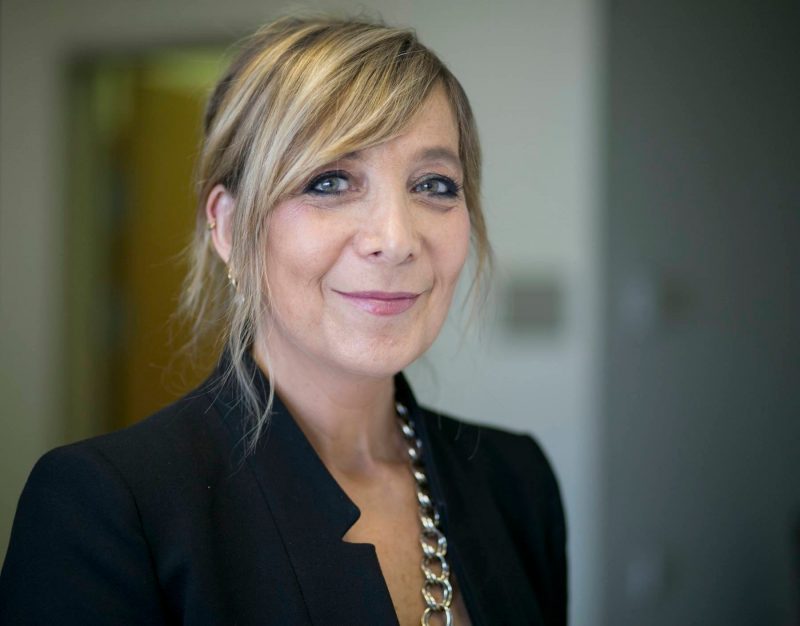
Emi Palmor is an Israeli lawyer and professor, and served as the Director General of the Ministry of Justice for five years. Her career has focused on anti-racism efforts, and she currently lectures on policy design, governance, and law at the Interdisciplinary Center Herzliya.
8. John Samples
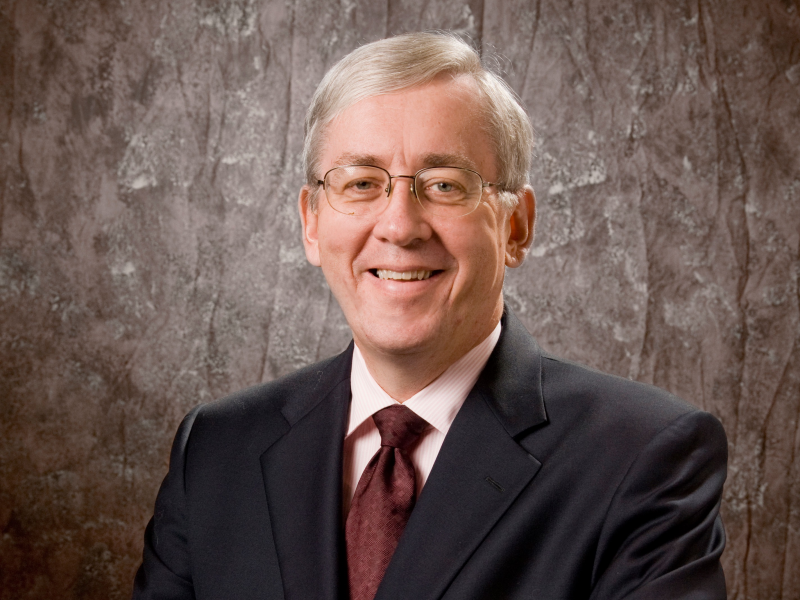
John Samples serves as a VP at the Cato Institute, a Libertarian think tank founded by the Koch brothers. Samples focuses on free speech, the First Amendment, content moderation; to that end, he's written several books on those subjects, including "The Struggle to Limit Government: A Modern Political History," and "The Fallacy of Campaign Finance Reform."
9. Catalina Botero-Marino

Catalina Botero-Marino is a lawyer and dean of the Law School at Universidad de Los Andes, Colombia. Her career has focused on freedom of expression and human rights.
10. Michael McConnell

Michael McConnell serves as director of the Constitutional Law Center at Stanford Law School. He also teaches he teaches a course on freedom of speech, press, and religion, and served for seven years as a circuit judge on the US Court of Appeals for the Tenth Circuit. McConnell began his career as a law clerk for Supreme Court Justice William Brennan, Jr., and has argued 15 cases in the US Supreme Court.
11. Afia Asantewaa Asare-Kyei
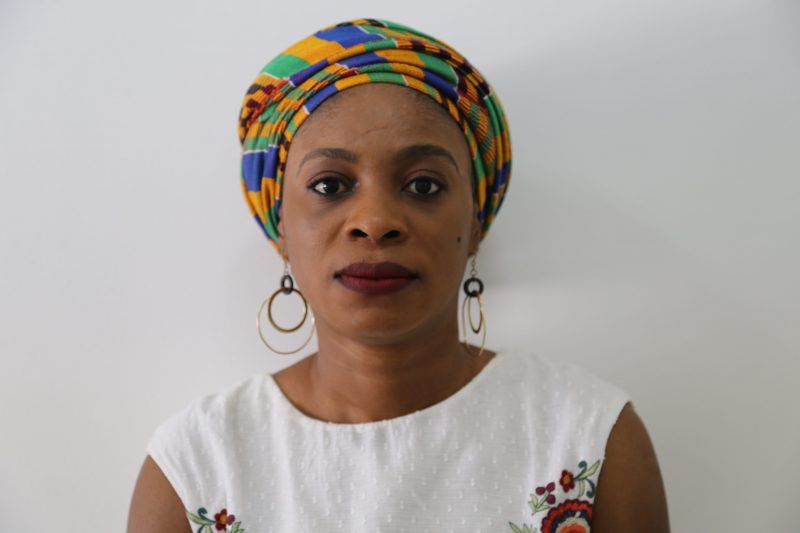
Afia Asantewaa Asare-Kyei is a human rights lawyer whose career focuses on "supporting and developing transformational social programs and advocacy strategies," primarily on her home continent of Africa.
12. Ronaldo Lemos

Ronaldo Lemos is a lawyer who focuses on "technology, intellectual property, media and public policy." Lemos is a partner at the Brazilian law firm PNM Advogados, a visiting scholar at several prominent universities, and the co-creator of the Brazilian Internet Bill of Rights.
13. András Sajó
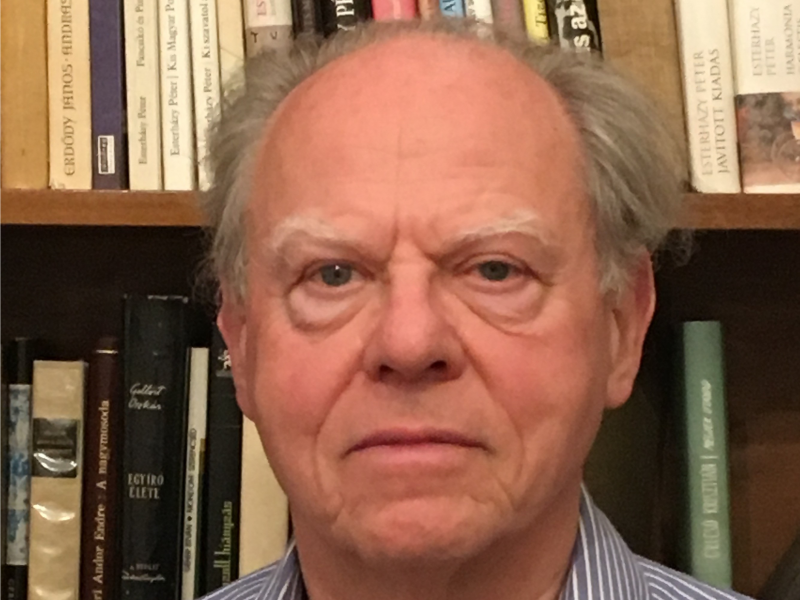
Andras Sajo is a former judge and vice president at the European Court of Human Rights, professor Central European University, and a member of the Hungarian Academy of Sciences. He served as advisor on three separate constitutions: Ukraine, Georgia, and South Africa.
14. Sudhir Krishnaswamy

Dr. Sudhir Krishnaswamy is a law professor and serves as vice chancellor at the National Law School of India University, as well as the the secretary and rreasurer of the Consortium of National Law Universities of India. He focuses on public interest law, and is the author of "Democracy and Constitutionalism in India."
15. Katherine Chen
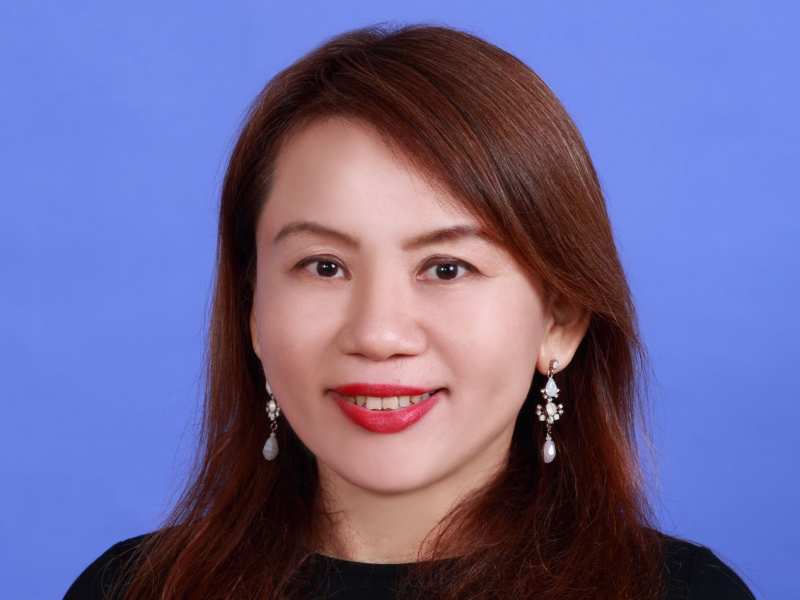
Katherine Chen is a communications professor at National Chengchi University (NCCU), Taiwan. She previously served as the commissioner of the National Communications Commission of Taiwan, and is a published academic researcher whose work primarily focused on "media content and its effects, social media in elections, as well as mobile communication and privacy."
16. Helle Thorning-Schmidt

Helle Thorning-Schmidt is the former prime minister of Denmark, from 2011 to 2015, and currently serves as a member of a variety of foreigh policy think tanks: the US Council on Foreign Relations, the European Council for Foreign Relations, the International Crisis Group and the Atlantic Council International Advisory Board and Berggruen 21st Century Council.
17. Nicolas Suzor
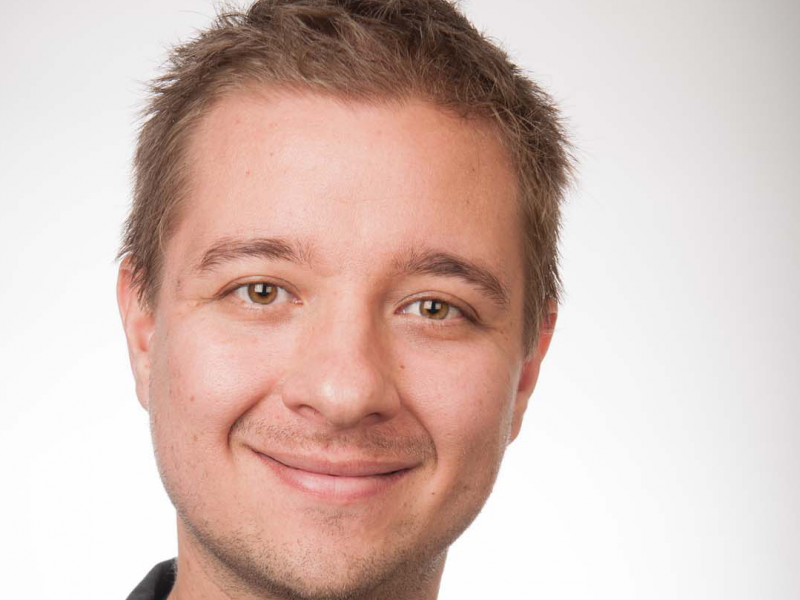
Nicolas Suzor is a law professor at Queensland University of Technology, and a member of the leadership at the school's Digital Media Research Centre. His research focuses on, "the governance of the internet and social networks, the regulation of automated systems, digital copyright, and knowledge commons."
18. Julie Owono
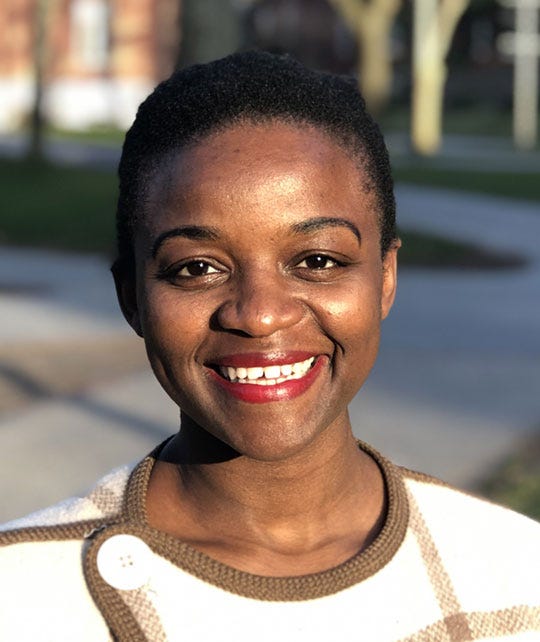
Julie Owono is executive director of Internet Sans Frontières, an open internet advocacy group. Her work primarily focuses on digital rights and expanding internet access. She is a self-professed, "advocate for Business and Human Rights principles in the technology industry."
19. Alan Rusbridger
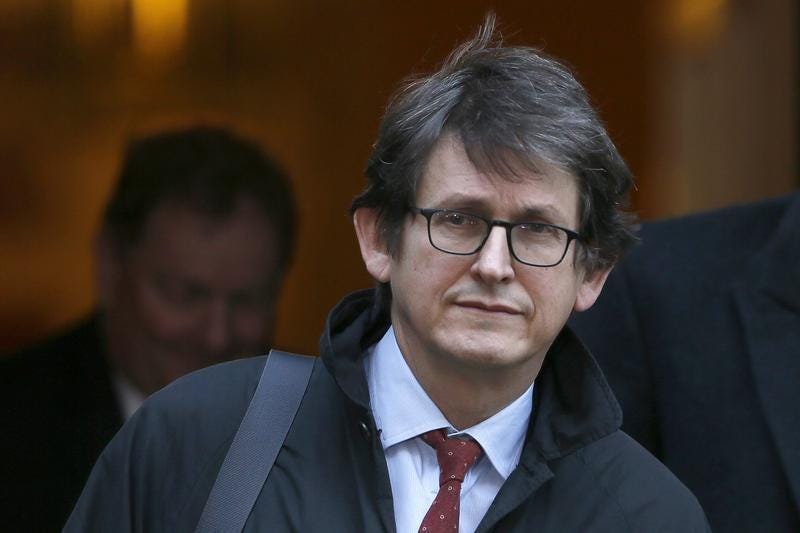
Alan Charles Rusbridger is the Principal at Lady Margaret Hall, and former Editor-in-Chief of The Guardian, where he led the publication from 1995 to 2015. He earned a Pulitzer Prize in 2014 for public service, and, beyond his work in journalism, is the author of several children's books.
20. Jamal Greene

Jamal Greene is a law professor at Columbia Law School. He's taught classes on a variety of legal subjects, from constitutional law to the American federal courts. Before entering academia professionally, Greene served as a law clerk on the US Court of Appeals for the Second Circuit and on the US Supreme Court.
